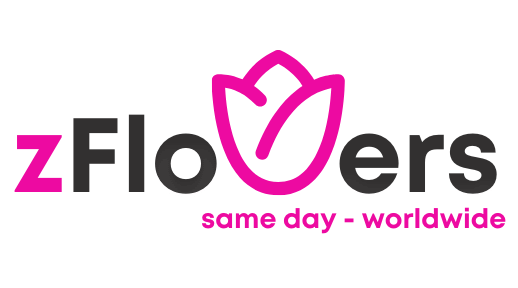In recent years, the fashion and beauty industry has witnessed a significant shift towards sustainability and ethical practices. This movement has led to the emergence of innovative and eco-friendly techniques, one of which is the use of flower-dyed clothing. As consumers become increasingly conscious of the environmental impact of their purchases, the demand for sustainable and ethically produced apparel has surged, giving rise to the trend of ethical flower-dyed apparel.
The concept of flower-dyed clothing involves using natural dyes derived from flowers and plant-based materials to color fabrics. This process not only eliminates the use of harmful chemicals typically found in traditional textile dyes but also promotes the use of renewable and biodegradable resources. As a result, ethical flower-dyed apparel aligns with the principles of eco-conscious consumers who seek products that minimize harm to the environment.
One of the key driving forces behind the growing popularity of sustainable flower-dyed clothing is the increasing awareness of the detrimental effects of conventional textile dyeing processes. Traditional synthetic dyes are known to release toxic substances into waterways, contributing to water pollution and threatening ecosystems. In contrast, flower-dyed apparel offers a more sustainable alternative, reducing the environmental footprint of the fashion industry.
The aesthetic appeal of flower-dyed clothing has contributed to its rise in the fashion and beauty market. The use of natural dyes creates unique and vibrant color variations, giving each garment a distinct and organic look. This aligns with the growing consumer preference for individuality and authenticity in their fashion choices, making ethical flower-dyed apparel an attractive option for those seeking both sustainability and style.
From a consumer standpoint, the search for “ethical flower-dyed apparel” reflects a desire to make informed and conscientious purchasing decisions. This search intent keyword signifies a deliberate effort to support brands and products that uphold ethical and sustainable practices. As a result, fashion and beauty brands have recognized the importance of catering to this specific consumer demand and have integrated flower-dyed clothing into their collections to meet the needs of this discerning market segment.
The rise of ethical flower-dyed apparel in the fashion and beauty industry represents a significant shift towards sustainability and ethical consumption. This trend not only addresses environmental concerns associated with traditional textile dyeing processes but also appeals to consumers who prioritize both style and ethical values in their purchasing choices. As the demand for sustainable fashion continues to grow, the prominence of flower-dyed clothing is poised to make a lasting impact on the industry, offering a harmonious blend of eco-consciousness and aesthetic appeal.





